Thanks to thousands of letters from concerned Oregonians, Governor Tina Kotek has paused the Oregon Department of Land Conservation and Development’s (DLCD) proposed rule changes that could have crushed agritourism in Oregon— activities like live music, cow trains, and farm to plate dinners that help small farms survive.
But the pause is temporary, and the future of Oregon’s family farms still hangs in the balance.
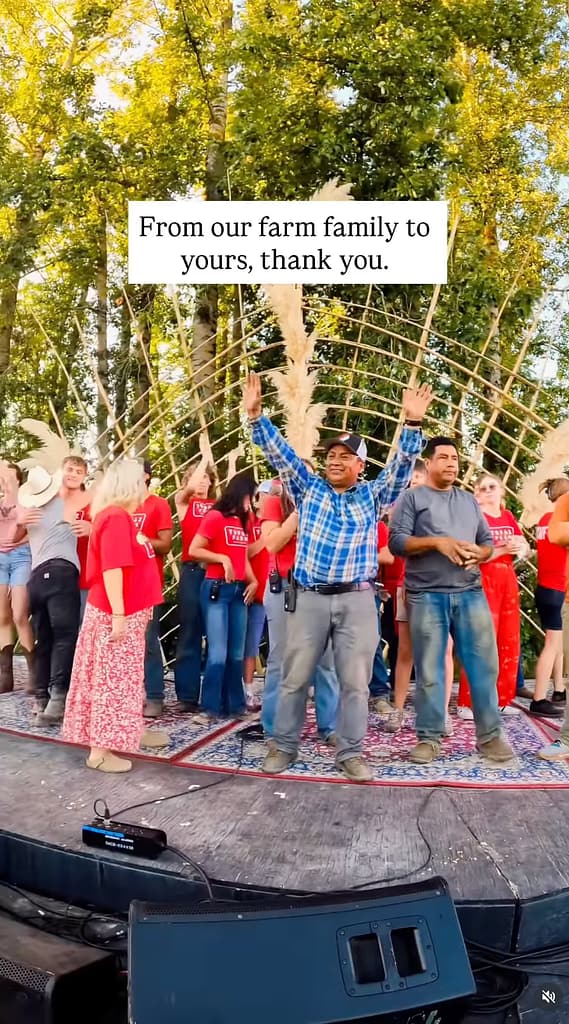
Current Land Use Rules Are Already a Challenge
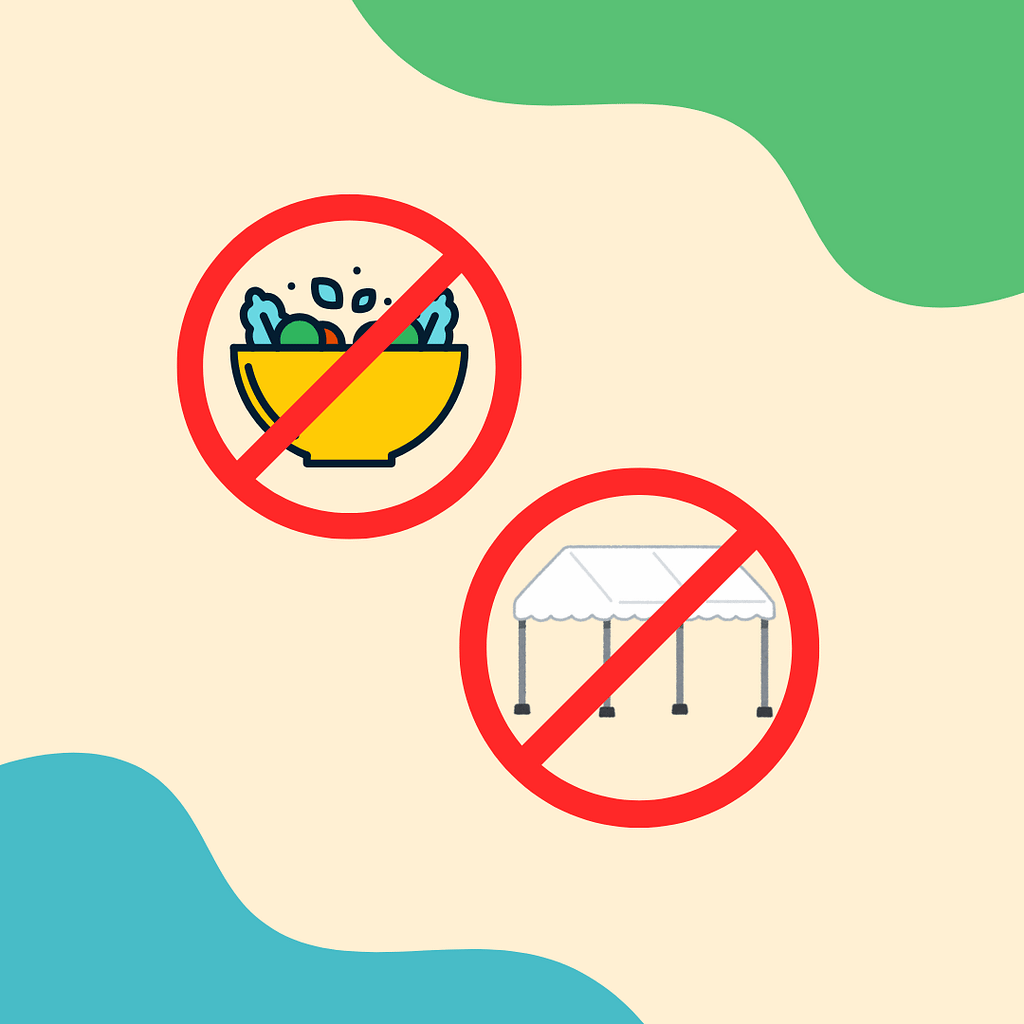
Current land use rules already limit what farms lucky enough to have farm stand permits can do — and they’re confusing at best. Under a 75/25 rule, for example, 75% of farm stand income must come from raw goods. But turn unsold kale into salad rather than let it rot? That’s now part of the 25% “incidental” income, and heavily regulated.
Even tents have caused legal headaches — forcing small farms to defend their right to shade people, not just tractors and harvest. One proposed rule would limit these “temporary structures” — including tents and picnic tables — to just 90 days a year, requiring farms to choose between shading customers from heat in summer or rain in fall.
If you’re wondering how this micromanaging helps farmers, you’re not alone.
How Did We Get Here?
When these land use laws and rules were originally established in the 1970s, the climate was milder, and it wasn’t uncommon for individuals to buy 5 pounds of beets at a farm stand. Today, shopping habits and behaviors have changed, and not only is it impossible for family farm stands to compete with grocery store prices — especially if they farm regeneratively, organically, or with no spray— they’re also limited in how many convenient options they can offer their customers. For farms lucky enough to be allowed to host live music and farm to plate dinners, revenue from agritourism offsets these challenges.
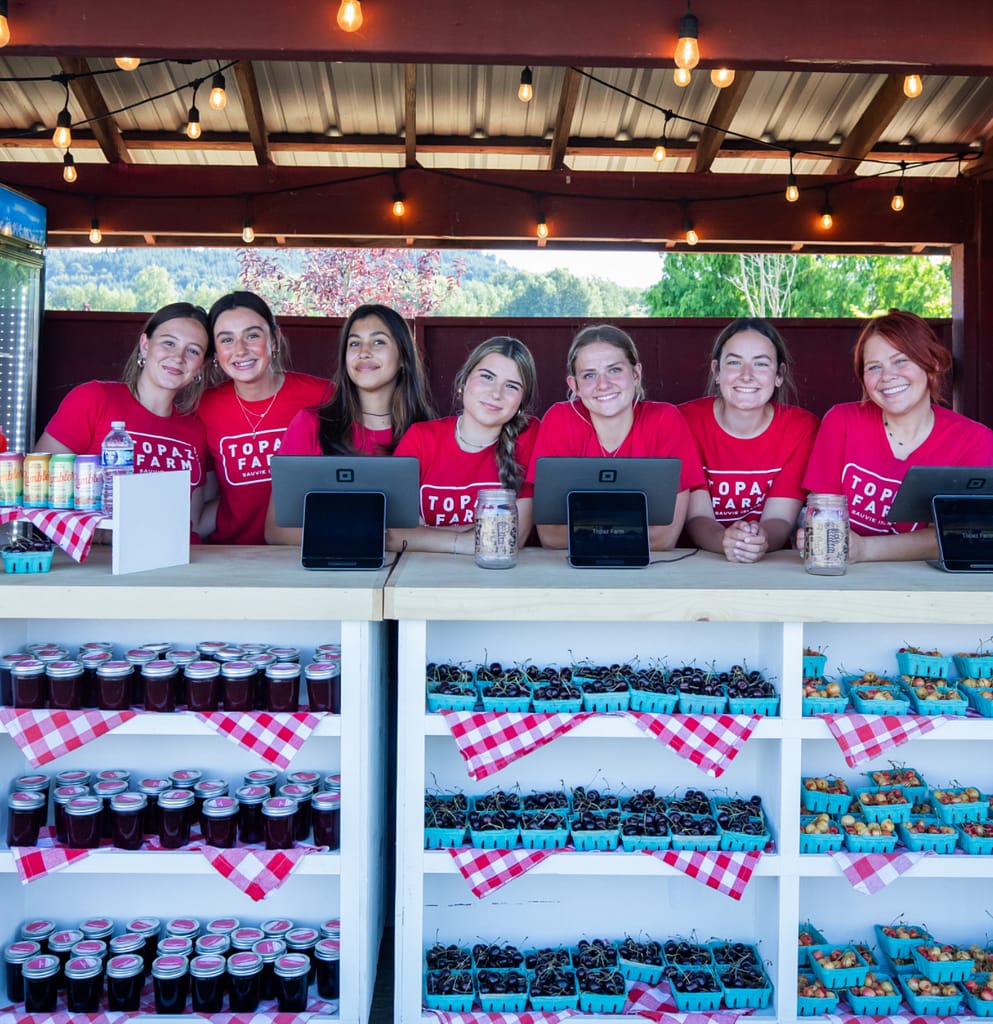
All Sides Agree: Change is Necessary
Everyone seems to agree that the current rules are confusing and even unfair — with some farms grandfathered into hosting events like farm to plate dinners or live music events, while others can’t participate in agritourism at all. Groups disagree, however, on the best path forward, with some seeking tighter restrictions on farmland and others wanting agritourism to be easier and available to more farms.
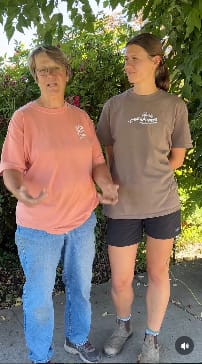
Farming and Fun — Are They at Odds?
Advocates for the restrictions, including 1000 Friends of Oregon argue that the rules are meant to protect farmland from “inappropriate commercial development,” and clarify what farm stands are allowed to do, what requires an agritourism permit, and how to keep farmland focused on farming.
1000 Friends of Oregon’s public letter to DLCD makes their position clear:
“We are concerned that ambiguities in the current farm stand rules allow many Oregon farm stands to become boutique grocery stores, restaurants, and destination entertainment venues only incidentally related to agricultural products grown by the farm stand operator and their neighbors.”
In practice, that means strong opposition to anything not directly tied to farm production at farm stands — including things like shaded picnic tables, cow train rides, live music, and even goat meet-and-greets if the animals aren’t raised for meat or milk.
They say farmers could apply for agritourism permits — but those aren’t guaranteed. And since most Oregon farms don’t even have farm stand permits, this suggests that agritourism permits are more roadblock than solution.
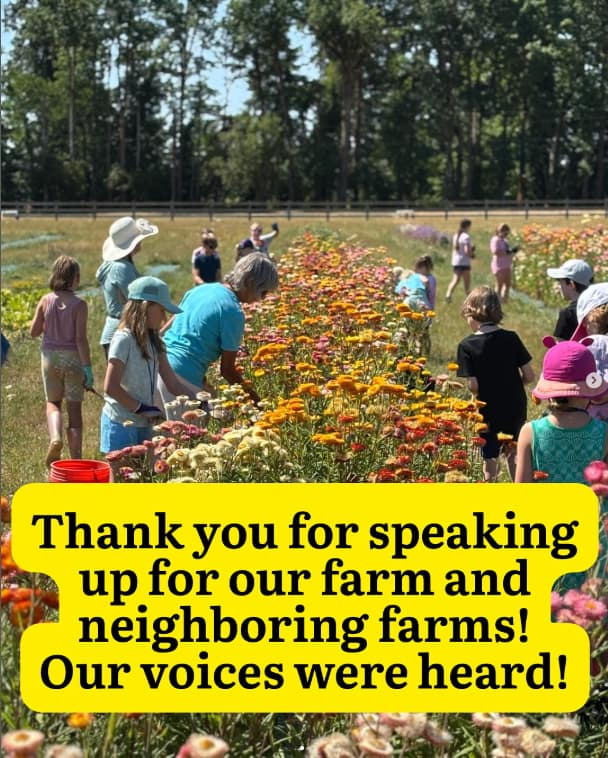
Here’s How the Rules Endanger Pumpkin Patches
1000 Friends emphasizes that the current and proposed rules wouldn’t ban popular activities like u-pick or pumpkin patches. But if agritourism is restricted and small farms can’t stay in business, many will be forced to sell to large, monocrop operations that don’t welcome the public. Activities like u-pick and pumpkin patches are in danger not because they’re banned, but because the types of family farms that offer them could be regulated out of existence.
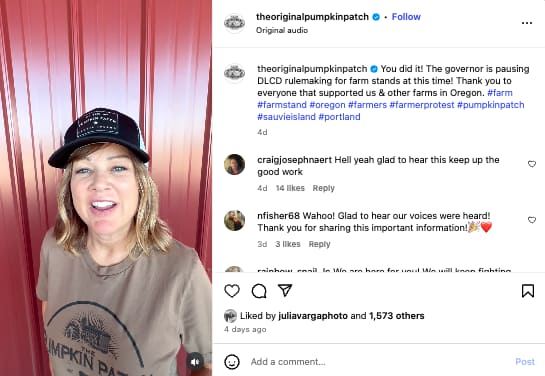
Why This Matters to Families
In our annual Reader Favorites poll you chose your favorite family farms — and all of them participate in agritourism. The reality is, most ordinary people aren’t farm stand purists. We want to be able to pick up a bag of pasta with our regeneratively grown tomatoes and local basil. We want to listen to a concert while eating fresh Oregon berries. We want to buy peaches while our kid pets a goat, and then stay for lunch, preferably in the shade.
Family farms aren’t trying to become amusement parks. They’re trying to stay afloat. Turning unsold kale into salad or offering shaded picnic tables doesn’t exactly scream urban sprawl. These kinds of community-facing efforts — live music, cow train rides, harvest dinners, goat meet-and-greets — are what allow small and midsize farms to generate enough income to keep growing food and pay their workers a living wage.
“Oregon is hemorrhaging family farms,” says Kat Topaz, owner of Topaz Farm, and unfortunately she’s right — the state is losing small farms by the thousands. What happens in the next legislative session could either make it easier or harder for family farms to diversify their income and survive.
In response to Governor Kotek’s decision to pause the rulemaking process, co-owner Jim Abeles adds, “One of the things I think is great that’s going to come out of this is that the farmers will have a chance to work together and try to get some new legislation that helps protect agritourism farms so that we don’t have to go through this kind of scare again.”
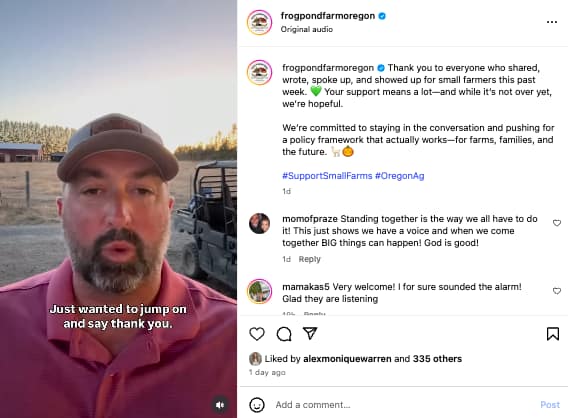
Here’s What You Can Do
If you don’t think fun and farming are mutually exclusive — if you believe Oregon should support more agritourism, not less — now is the time to write to Governor Kotek, your state legislators, and local officials.
📬 Contact Governor Kotek or your local legislators.
